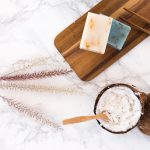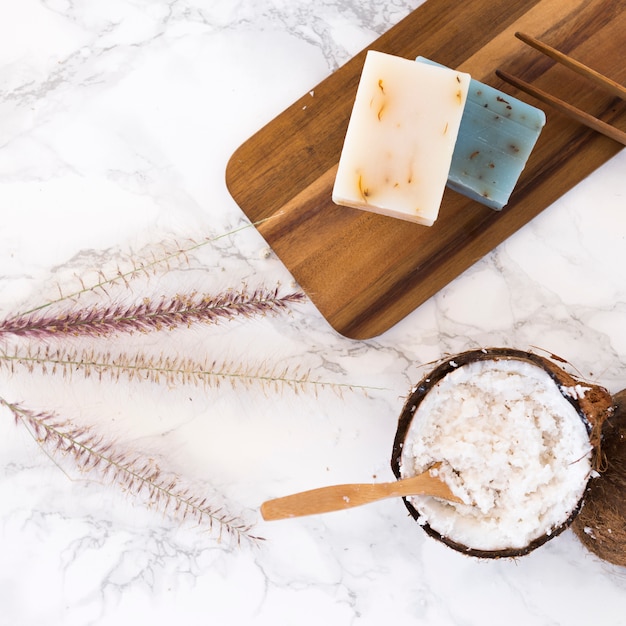
A lot of people wonder how it could be beneficial to sleep on what feels like a stone-hard mattress. They might be thinking of cheap rexine-coated mattresses used by college students, or simply view such futon mattresses as a necessity during financially tight periods.
Well, let me set the record straight: a real-deal Japanese futon is not just a stripped-down bed for students. They are 100% cotton, handcrafted products, made by skilled craftspeople. Sure, they’re firm, even a bit hard, but Japanese people have been sleeping on them for centuries, and swear by them for a good night’s rest.
In Japan, these traditional futon beds are counted as one of six secrets to healthy living. Japanese folks usually lead simple lives, which includes sleeping on futons – a reason they credit for their youthful looks and healthy skin. You’ll rarely find someone complaining of headaches or blood pressure issues after waking up on a futon bed.
Once exclusive to Japan, these futon beds are now gaining popularity in America, but with a twist. An original Japanese futon is filled with 100% cotton and sometimes silk (if you can splurge), whereas the American mashup futon comes with different fillings.
Nowadays, you can get a futon bed tailor-made to your specifications and comfort level. Comfort is always subjective so you can choose how soft or hard you want your futon. And don’t worry, while these futon beds may be firm, they come along with many health benefits.
While there isn’t definitive scientific proof, there’s a widely-held belief that a firm mattress can do wonders for your back, more than ordinary foam mattresses. For a deeper dive into the health benefits of a Japanese style futon, read on.
The Health Power of Futons
Unlike soft mattresses, the firmness of a futon holds joints in the right position during sleep. This prevents joint sagging, which osteopaths warn can lead to overstretched joints and backaches.
Sleeping long-term on a soft mattress can over-lengthen your joints, stretching out the protective collagen fibers. The end result could be a stiff neck or a sore back.
Futons can be nicely placed on wooden slabs, which boost air circulation around the mattress. This helps prevent moisture retention in the mattress and reduces body sweating.
We shed skin during our sleep, creating dust that falls onto our beds. This dust provides a perfect breeding ground for mites, mold, and bed bugs. Asthmatics and people with dust allergies can keep their conditions from worsening thanks to the air circulation beneath futons that reduces the buildup of these irritants.
Traditional Japanese futons are regularly aired out and sunned, keeping them fresh and hygienic. Conventional beds can’t do this and can also contain toxins that exacerbate asthmatics and skin allergies. However, authentic Japanese futons are made from natural fibers, making them a safe choice for everyone.
Enjoying a good night’s sleep on a futon can make for a bright and energetic morning, helping you take on your daily tasks. Research indicates that a quality mattress can do more for your sleep than even sleeping pills. And for those who prioritize comfort, newer futon beds can be filled with your preferred stuffing, from foam to silk or cotton. You can even select the thickness of the mattress and can add more cushioning if desired.
Often, a tatami mat is paired with the futon for added cushioning and softness. Also, you can get various futon covers and complete futon sets in different colors and designs to match your room’s aesthetics. So with a futon, you won’t just enjoy quality sleep and better health, but also a stylish addition to your bedroom.









